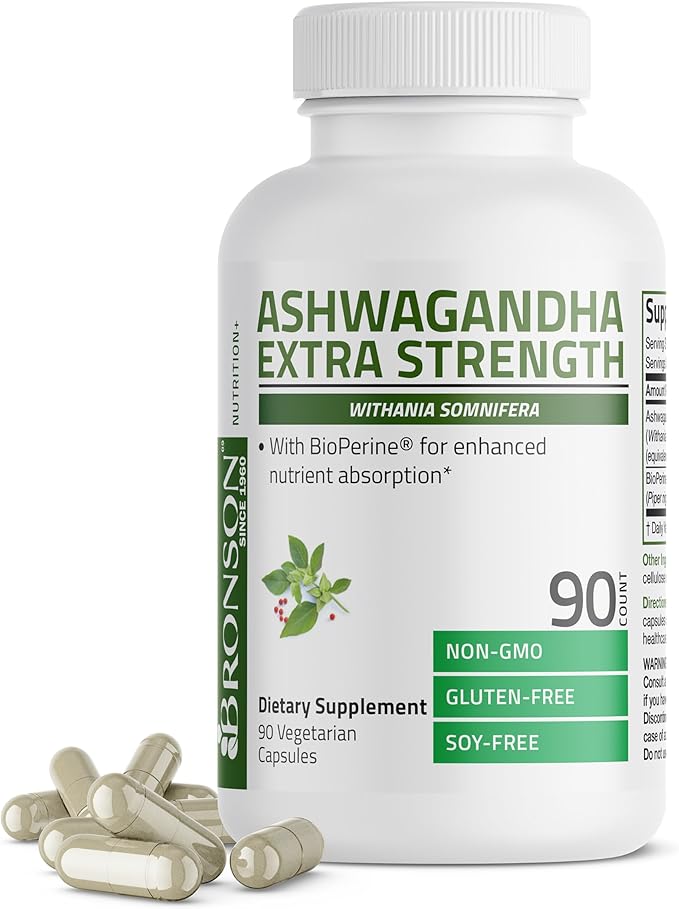Can you take Alpha Linolenic Acid and D-Alpha Tocopherol together?
Interaction Details
Taking Alpha Linolenic Acid and D-Alpha Tocopherol together has the potential for good synergy, suggesting a rating of 4 out of 5.
Alpha Linolenic Acid (ALA), an omega-3 fatty acid, and D-Alpha Tocopherol, a form of Vitamin E, may interact beneficially when taken together. ALA, as an essential fatty acid, plays a critical role in heart health and inflammation reduction. D-Alpha Tocopherol, being a potent antioxidant, helps protect cells from damage and supports skin health. The antioxidant properties of Vitamin E can help protect ALA from oxidative damage, thereby enhancing its effectiveness and duration of action. Conversely, ALA may help to recycle and regenerate Vitamin E, making it more available for its antioxidant roles. This recycling and protective effect could potentially amplify the individual benefits of each supplement, leading to enhanced overall antioxidant and anti-inflammatory effects in the body.
Potential Benefits
Potential Risks
Related Studies
Alpha Linolenic Acid
Alpha-Linolenic Acid (ALA) is an omega-3 fatty acid found in plant-based foods such as flaxseeds and walnuts. It is considered an essential fatty acid because the human body cannot produce it on its own.
Some benefits of ALA include supporting heart health and reducing inflammation.
D-Alpha Tocopherol
D-Alpha Tocopherol is a form of vitamin E, a fat-soluble antioxidant that plays a crucial role in maintaining overall health. It is one of the most potent forms of vitamin E and is known for its ability to protect cells from damage caused by free radicals.
